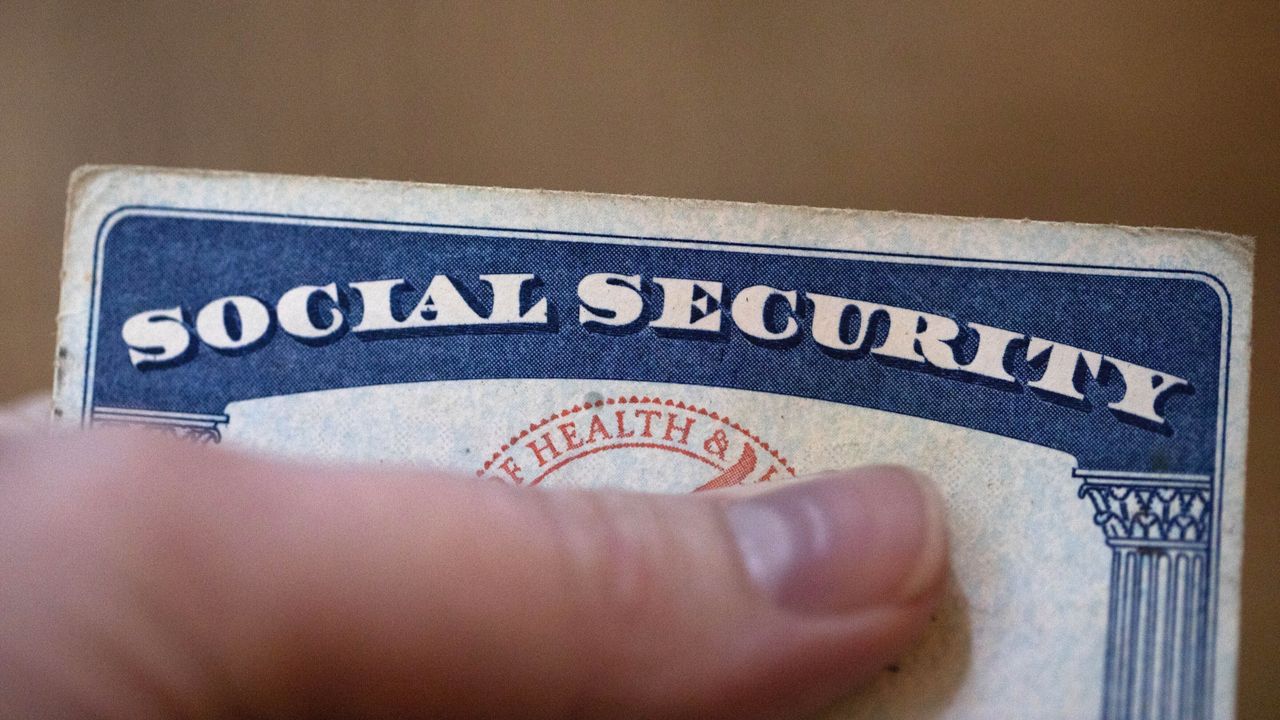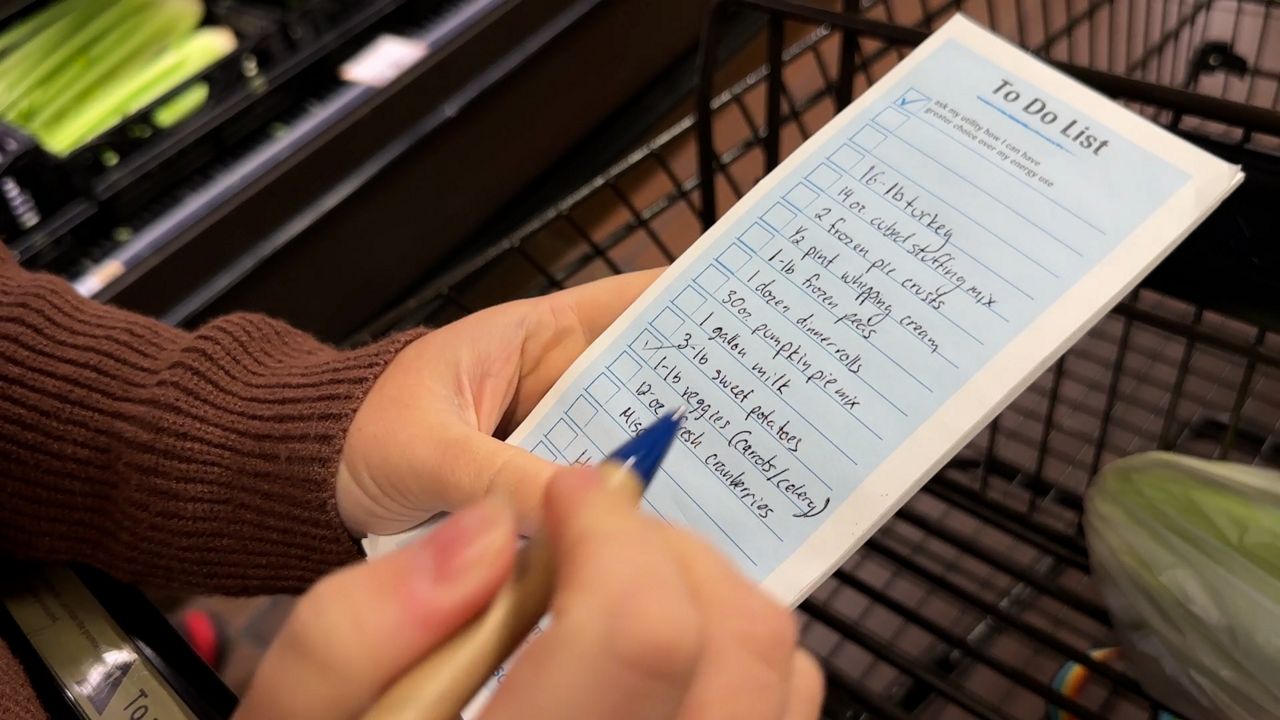Some mom-and-pop stores are feeling the pinch as consumers are now more conscious about their discretionary spending and tightening their purse strings, especially with home improvement projects.
Some New Yorkers see the value of buying local at a time when many Americans are shifting their spending habits.
Mel Hales says he opened Hales Hardware in Newburgh seven years ago, against all odds, to serve his community.
“There was no hardware store, and people went to Home Depot. They drove out for every little thing,” he said.
What You Need To Know
- Mel Hales, who opened Hales Hardware 7 years ago, says he wants consumers to spend their money lifting up the local economy, to support a small-scale hardware store instead of running to the big box stores
- Home improvement boomed during COVID-19; however, in its most recent quarterly earnings report, Home Depot reported a slump in sales – ending three straight years of record growth
- Hales' sales are steadily growing compared to last year, and are expected to be higher next year, because of his deep knowledge and interaction with his customers, he says
Hales says he wants consumers to spend their money lifting up the local economy, to support a small-scale hardware store instead of running to the big box stores.
“You might think you save $1.80, or $2, but you spend a certain amount of time, a certain amount of gas. And people have to re-educate themselves on the concept of using locals because they’ve been going out there [big box stores], it’s like muscle memory,” he said. “A healthy city makes a healthy economy; a healthy economy helps the hardware store.”
Home improvement boomed during the COVID-19 pandemic. Home Depot and Lowe’s initially reported strong growth in the DIY or “do it yourself” space over the last few years. However, in its most recent quarterly earnings report, Home Depot is reporting a slump in sales – ending three straight years of record growth.
The company also lowered its sales expectations for the year – expecting a decline of up to 5% from last year. It says customers are buying fewer big-ticket items like appliances, amid inflation concerns, and tackling smaller projects instead. Lowe’s also reports slowing DIY-related sales this year.
The big box stores serve as a cautionary tale for people like Hales, who compete for customers but say they go the extra mile to provide a more local feel. At a time of economic uncertainty, small-scale retailers that survived COVID-19 say they are staying afloat because of the support of customers like a new homeowner who is fixing up his house.
“I like this store now; they have everything what I need it right now,” said Antonio, who did want to give his last name.
Jeffrey Nieves says he sees the value in supporting a small business in his community.
“When I first found this place, it’s convenient. Mel is friendly, it’s supporting local business; if he doesn’t have it, he’ll find it,” Nieves said. “I’ve got some advice from Mel, it’s great. I don’t want to drive to the big box store.”
Hales’ background is in construction management, so he knows about what he’s selling. And while he’s never been in the retail space before, the ride, he says, has been eye-opening, in the best possible ways.
Hales’ strategy is paying off. He says his sales are steadily growing compared to last year and are expected to be higher next year. He says it’s because of his deep knowledge and interaction with his customers.
“That means, all of the blemishes that goes with dealing with community, so you come in here, and you’re in the trenches, we’re in the community, that’s where we’re doing our business, right here,” he said.










